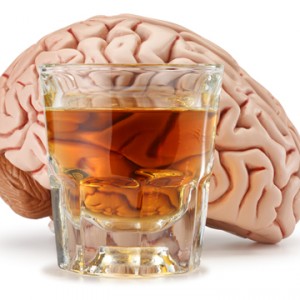 Just the other morning someone in a discussion group airily informed me that knowledge of addictive disease was irrelevant to working with addicts. To them, treatment is about client-directed change, and remains constant regardless of the disorder being treated.
Just the other morning someone in a discussion group airily informed me that knowledge of addictive disease was irrelevant to working with addicts. To them, treatment is about client-directed change, and remains constant regardless of the disorder being treated.
Which makes no sense to me. That’s like focusing diabetes care on self-esteem or job satisfaction, just because the patient has problems in those areas. There may be a connection somewhere, but it’s fairly tenuous.
Of course, there remain clinicians who do not see addiction as a disease, and believe this relieves them of the responsibility for learning much about the physiology associated with it. They treat the addict much as they’d treat anyone with life problems such as stress, or grief, or marital difficulties, or anger issues, or family dysfunction. That’s in spite of the existence of a body of research that suggests addiction is actually quite different and involves some very complex processes in the brain itself.
I should point out that the major breakthrough in the treatment of co-occurring mental health and substance disorders was the realization that they should be treated as independent, coequal factors in a case. That the two disorders influenced one another and impacted behavior in a variety of ways. Logically, a patient who suffered from bipolar disorder and severe alcohol dependence required different interventions than one with for instance, PTSD and chronic methamphetamine addiction. The treatment had to reflect the nature of the illnesses being treated.
So why the traditional reluctance within the counseling professions to acknowledge the need to understand the pathophysiology of addiction? I’m guessing two reasons. First, a background in social work or counseling doesn’t include a lot of time spent on neurobiology. Even the instructors may not know much about it. Second, many in the helping professions remain suspicious of what they see as encroaching biological determinism. You’ll hear arguments that the disease model robs the addict of responsibility for his actions and also of control over his recovery.
It’s not true, of course, but many believe it anyway.
As a result, some clinicians wind up doing a sort of generic client-directed counseling with alcoholics and addicts. Is it effective? Maybe in some respects, but likely not many.
Still, if the outcomes aren’t good enough, we can always redefine success. We’ve done that before.










